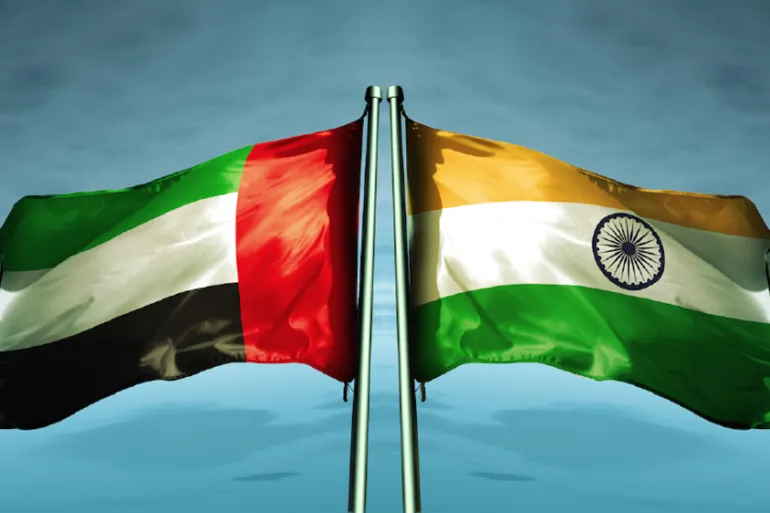Fostering Economic Growth: The Dynamic Partnership between India and the UAE in the Logistics Sector.
The collaboration between India and the UAE in the logistics sector received a significant boost following the implementation of the Comprehensive Economic Partnership Agreement (CEPA) on May 1, 2022. This landmark agreement, aimed at eliminating or reducing tariffs on various goods, has opened up numerous trade opportunities, with bilateral trade potentially reaching US$ 100 billion within the next five years.
After Prime Minister Narendra Modi visited the UAE, the UAE-India Business Council (UIBC), Jones Lang LaSalle (JLL), and Invest India collaborated to release an extensive report on ‘India-UAE collaboration in the logistics sector.’ This report delves into critical aspects such as the UAE-India CEPA Agreement, India-Middle East-Europe Economic Corridor (IMEC), India-Middle East Food Corridor, and India-UAE Logistics Prospects, among others, offering a comprehensive analysis of the synergies, opportunities, and prospects arising from the strategic partnerships between India and the UAE. The anticipated surge in trade volume is expected to significantly boost growth in India’s logistics sector, driven by increased demand for transportation and warehousing services, fostering an environment conducive to innovation and entrepreneurial ventures.
The IMEC, an ambitious 7,200-km-long multi-modal corridor, aims to establish seamless connectivity between India and Europe via the Arabian Peninsula. This monumental infrastructure project is set to revolutionize trade and logistics in India, promising reduced transit times and transportation costs. Moreover, the transformative impact of the IMEC extends beyond mere cost efficiencies; it is anticipated to enhance trade facilitation, deepen economic integration, and strengthen the resilience of regional supply chains.
Likewise, the India-Middle East Food Corridor highlights the critical importance of food security. By leveraging innovative logistics solutions such as cold chain management and real-time monitoring, stakeholders can significantly enhance the efficiency of the supply chain. The convergence of CEPA and IMEC presents an unprecedented opportunity for India’s logistics industry to redefine its role in shaping the future of trade. By embracing technological advancements, optimizing supply chains, and prioritizing sustainability, logistics companies in India can play a pivotal role in driving economic growth, fostering regional integration, and transforming the logistics landscape in the country.
Furthermore, the recent emphasis on promoting renewable energy in the logistics sector, exemplified by initiatives such as the G20 New Delhi Summit and COP28 in Dubai, underscores the recognition by India and the UAE of the need to develop an efficient and integrated logistics network to capitalize on their respective strengths. As the global landscape continues to evolve, the strategic alignment between India and the UAE in logistics emerges as a model for harnessing the full potential of bilateral relationships.
“The Government of India has implemented innovative policies to revolutionize logistics services within the country. The National Logistics Policy aims to improve logistics hubs and reduce the cost of logistics operations in the country to be comparable to global benchmarks by 2030. The policy aims to achieve this by encouraging digital technologies to improve the visibility, traceability, and transparency of goods in transportation, resulting in shorter transit times and lower costs,” states Invest India.




